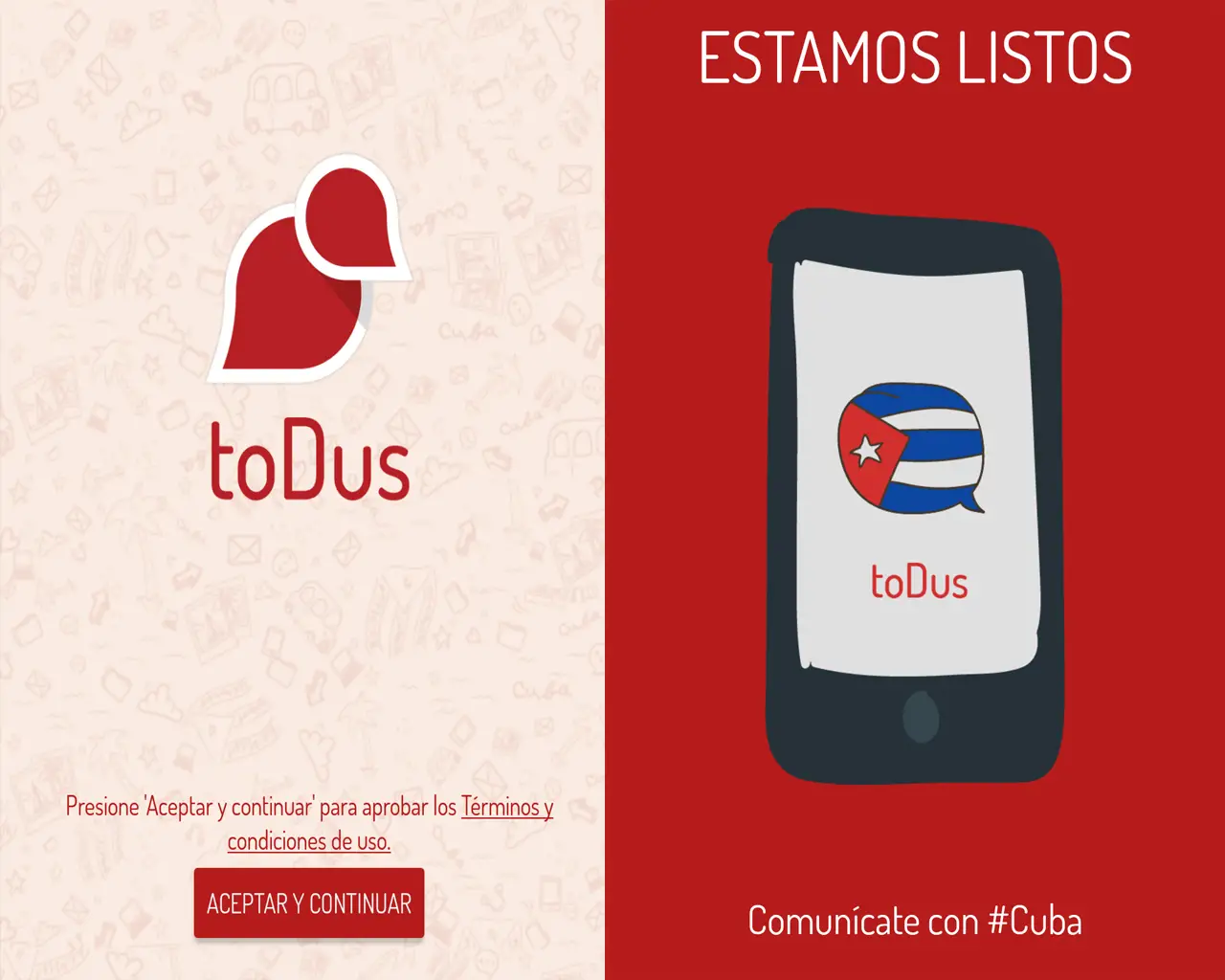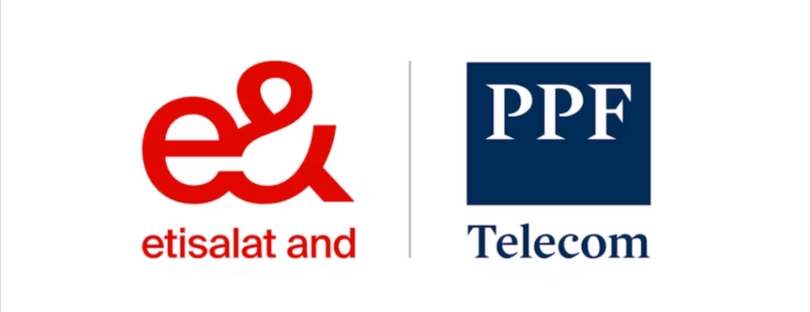
Cuba’s new messaging app get 170,000 users in a week
Cuba’s new ToDus messaging app for mobile phones obtained more than 170,000 subscribers during the first week after its June 20 launch and is presented as a Cuban WhatsApp. cuba messenger app
ToDus seems to duplicate WhatsApp’s features. Users can send messages, photos, and other files to individuals or groups of up to 250 members, and, like WhatsApp, it is secure — messages are encrypted and stored on users’ phones, not toDus servers. (ToDus users cannot speak with each other using this version of the program, but that feature will be added). Since toDus is a free app, I believe it could be listed on the Google Play Store as well as on Apklis.
The key difference between toDus and Apkis and WhatsApp and the Play Store is that the former run on Cuba’s national intranet, not the global Internet. One could argue that this duplication is done to lower operating costs or improve performance. I don’t know how Cuba’s international access is priced, but it seems that the marginal cost of international traffic for a chat app used by 11 million people would be very small and the latency difference imperceptible. (If Cuba is trying to save on communication costs or cut latency, they would be way better off pursuing an undersea cable between Havana and Florida.)
The free messaging application, available in a version for Android, can be downloaded from the first made-in-Cuba apps store, Apklis, where it shares space with tools designed, for example, to find products in the shortage-plagued markets of the island or a video biography of Ernesto Guevara, among others.
ToDus, created by the University of Computer Science (UCI) in collaboration with the state telecommunications monopoly Etecsa, is one example of a trend that official entities have promoted with little success among the users of the island: the creation of rivals as substitutes for apps from popular American companies that have spread around the world, such as Facebook, Twitter, WordPress, and Wikipedia.
Despite the high prices to browse the web and the small number of households with connections, Internet users on the island seem to prefer universal tools and have become accustomed to the same social networks that can be used by someone in Berlin, Montevideo, or New York, so for many the choice to use a national impersonation is not convincing.
In a country with a high level of emigration, interaction in chats, forums, and social networks on internationally available apps is vital for everything from getting a visa to receiving remittances. In the five-year period between 2012 and 2017, Facebook accounted for 87.17% of web traffic from Cuba on social networks, followed by Twitter with 8% and Pinterest with 3%, according to data from the measurement and analysis tool StatCounter Global Stats. cuba messenger app
If you are planning a trip to Cuba, this eSIM is for you!










